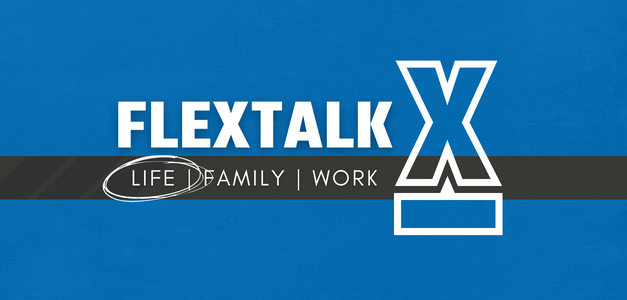Flexibility is more than just a buzzword in today’s fast-paced business world—it’s a critical trait that separates thriving companies from those that struggle to keep up. In a dynamic environment where markets are constantly evolving, the ability to adapt is a necessity.
Flexibility empowers businesses to respond to change, meet diverse needs, and seize opportunities, all while building resilience for the future. This flexibility approach is important in the world of business, going beyond just reacting to challenges—it enables your business to innovate, plan proactively, and remain competitive. Whether it’s reshaping your strategy, realigning your resources, or reimagining how work gets done, flexibility is the cornerstone of long-term success.
Adapting to Market Changes
The business landscape is in a constant state of flux, driven by advancements in technology, shifting consumer preferences, and economic trends. Companies that prioritize flexibility can pivot their strategies to remain competitive, even in the face of unexpected challenges. Flexibility in this sense means being able to quickly read the market and act decisively to ensure that your business stays relevant and ahead of the curve.
Streamlining Resources and Equipment
Flexibility also applies to the tools, infrastructure, and resources you use. Operational flexibility can make a significant difference in how efficiently your business runs.
For example, scalable resources like modular water tank liners allow companies to quickly adjust operations to meet fluctuating demands or changing circumstances. When you know which features to look for when buying water tank liners or other pieces of equipment, you can position yourself to handle future challenges with ease.
Responding to Risks and Challenges
Uncertainty and unpredictability are inevitable in business, but flexibility can dramatically improve how you respond to risks and challenges. Whether you’re facing supply chain disruptions, economic downturns, or sudden shifts in customer behavior, an adaptable approach allows you to mitigate the impact of these situations. Contingency plans, agile decision-making, and the ability to pivot your strategy ensure that your business remains stable, even in the face of adversity.
Building Long-Term Resilience
Flexibility isn’t just about surviving day-to-day challenges; it’s about building a business that thrives long-term. When your company demonstrates adaptability, you create a foundation that can withstand fluctuations in the market, economic uncertainty, or sudden industry shifts. Being flexible prepares you for the unexpected by ensuring that you remain strong and capable, no matter the circumstances.
Flexibility is important in the world of business because it makes it easier to respond to change, meet customer expectations, and foster innovation. In a world where change is constant, being flexible is a a vital ingredient for long-term success.
-
- How does flexibility in workplace culture impact employee productivity?
- What are some strategies your business can integrate to become more adaptable?
- How can equipment flexibility, such as modular tools, save costs and resources?
- What role does flexibility play in fostering innovation within a company?
- How can businesses balance consistency with the need for adaptability?


